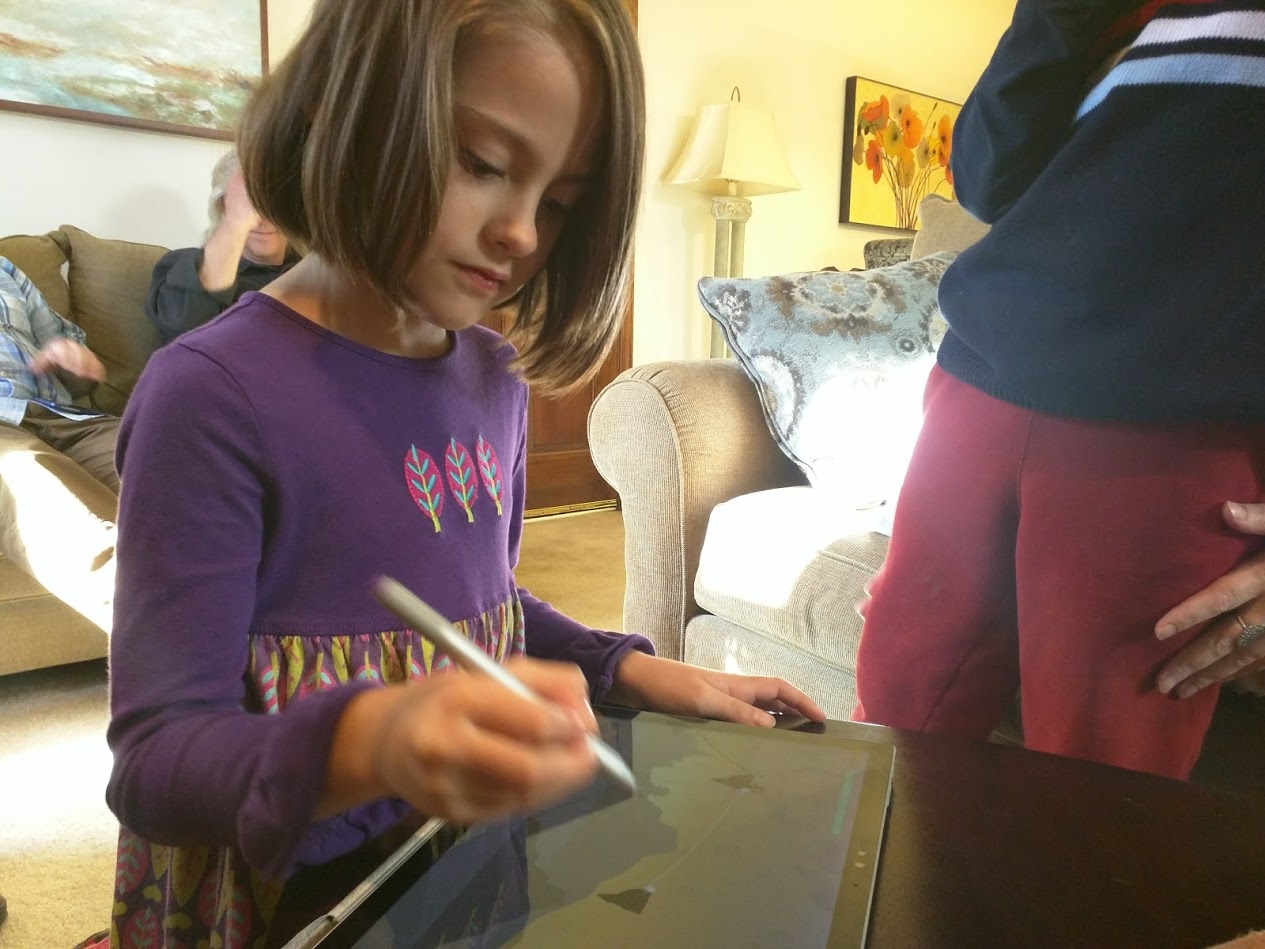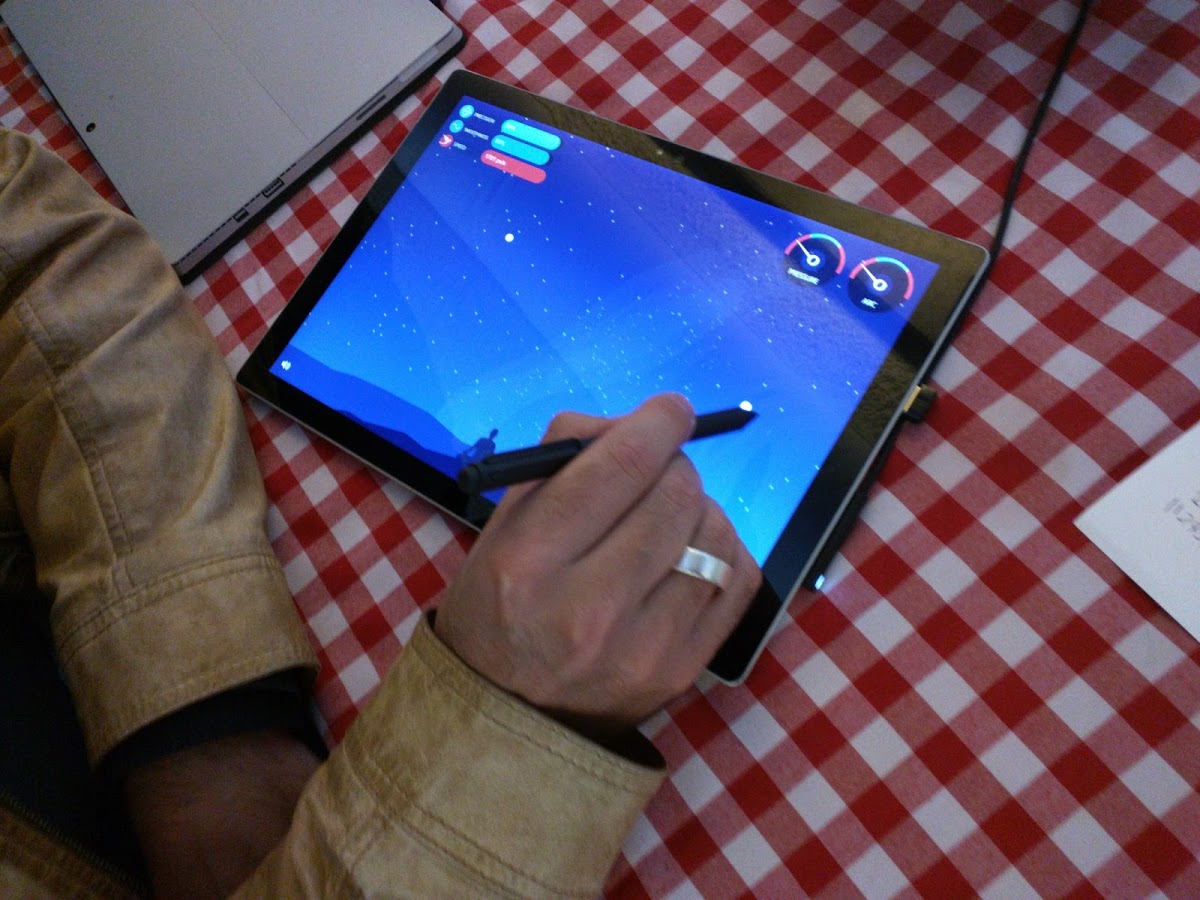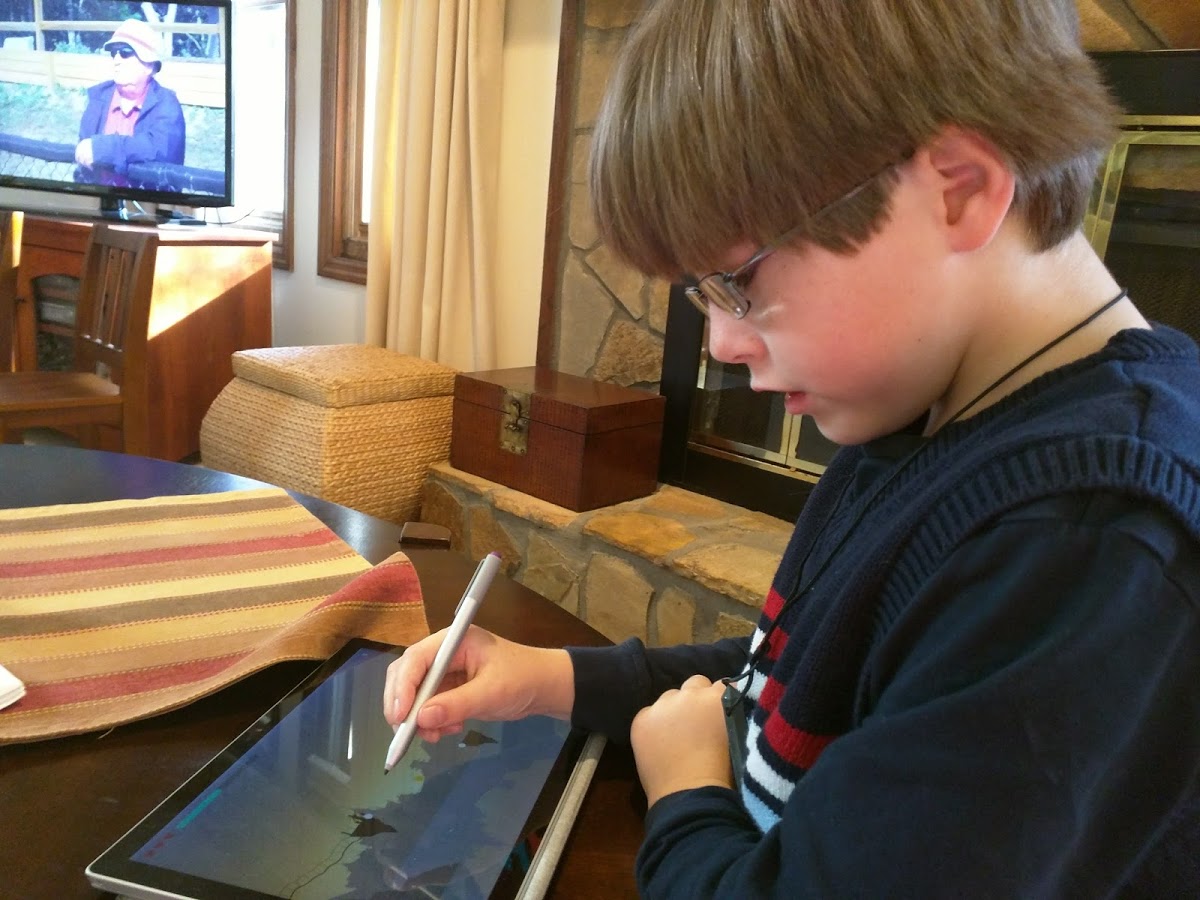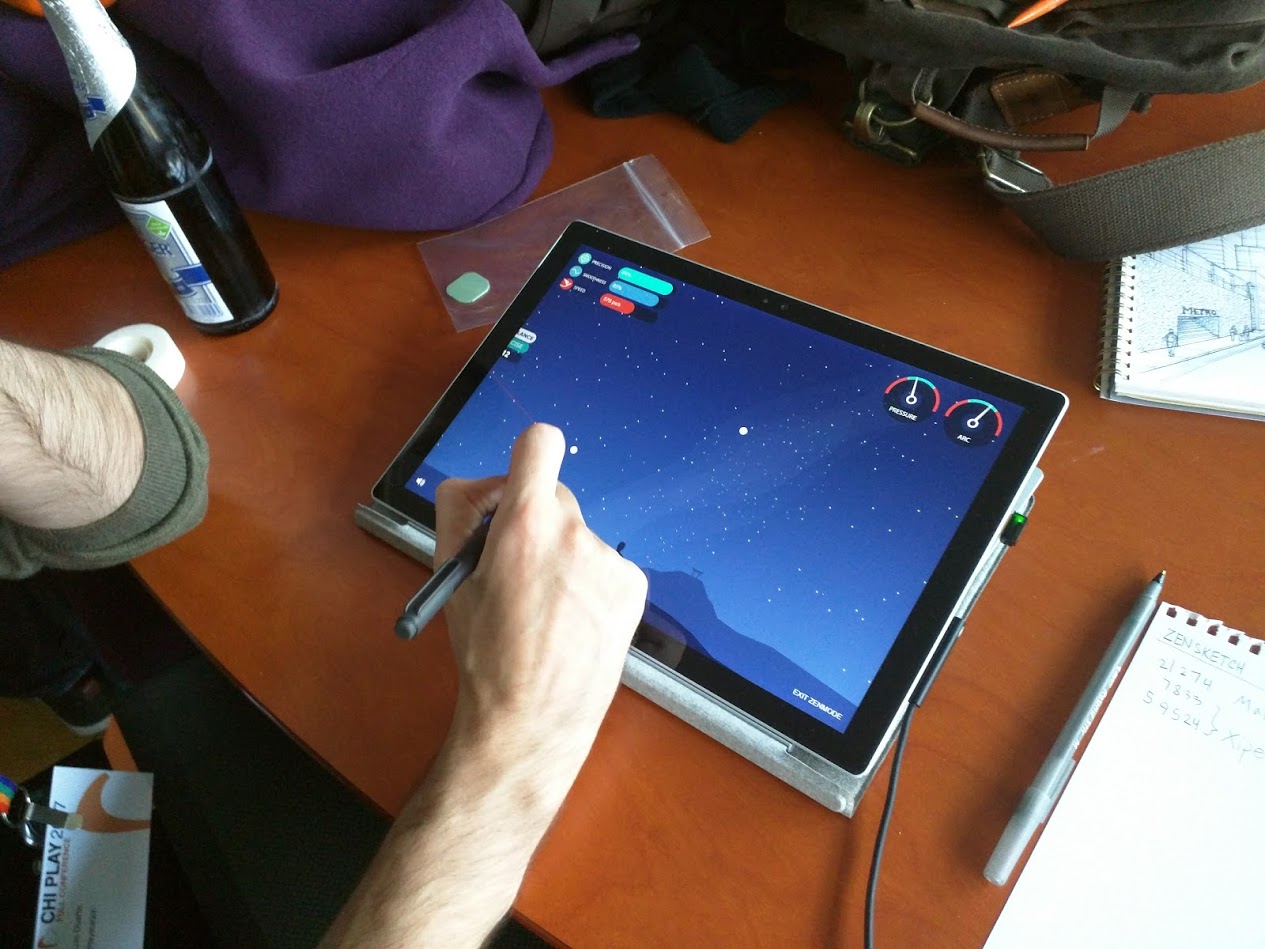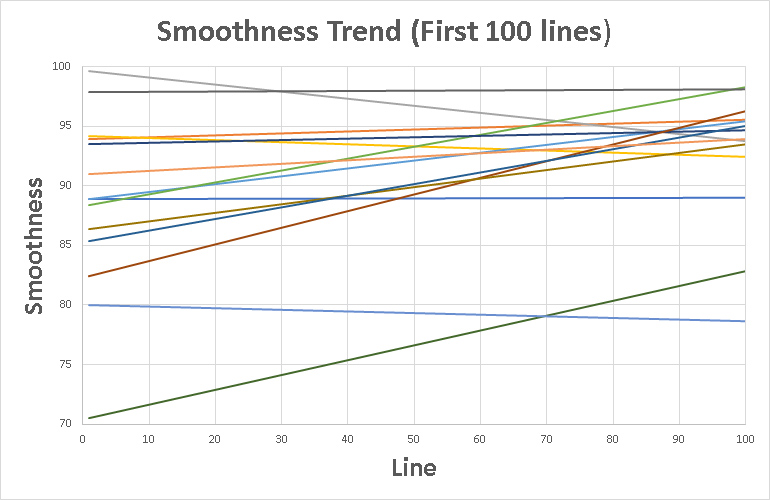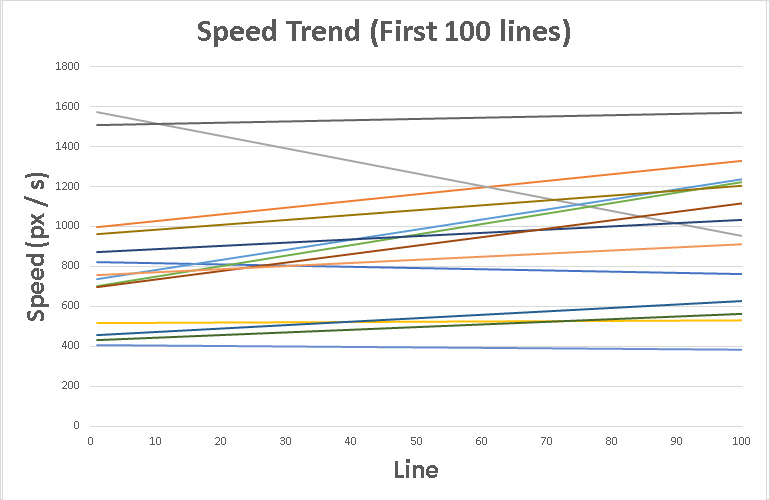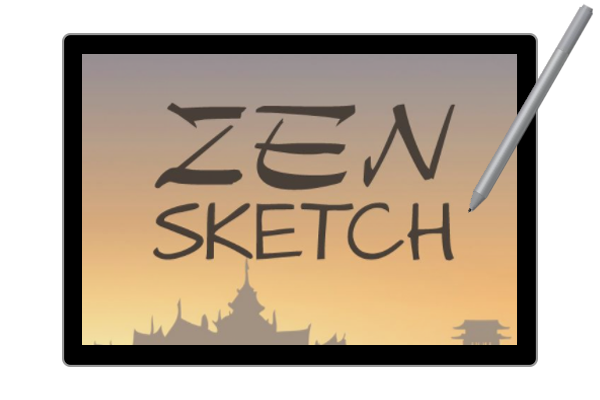

ZenSketch is an award-winning educational game I developed in the first year of my PhD with colleagues Matthew Runyon and Adil Hamid Malla. The game transfers a common drawing exercise of connecting dots to the digital medium and takes advantage of stealth learning to improve basic line quality through engaging gameplay. It utilizes gesture-based sketch recognition to extract features of user's line work like accuracy, smoothness, and speed, in addition to device data like pressure.
I was thrilled to win First Place (Jury Award) at CHI Play 2017's Student Game Design Competition in Amsterdam, Netherands for this game. The jury consisted of industry professionals and the competition included more than 30 entries worldwide. It was praised for its originality, simplicity, and purpose in genuinely improving basic drawing fundamentals. We are in the midst of ongoing studies and improvements with more than 130 participants but we plan to release it soon so everyone can play.

ZenSketch is rooted in a common drawing exercise that has been used for many decades and possibly longer. It is particularly used in disciplines like industrial design. Connecting dots allows for someone to practice basic line work and line quality, and as one practices the skill it becomes less necessary to even use a ruler for very straight lines. This encourages confidence in line work in additon to fluid, creative ideation in industrial design as well as other disciplines like architecture and engineering. With the added benefit of computing and game-based learning, this exercise can become less mundane and more of an enjoyable task in and of itself.
We have ongoing user studies with more than 130 participants in high schools and universities, and over 1000 gameplays. The results of these studies will be published soon.
